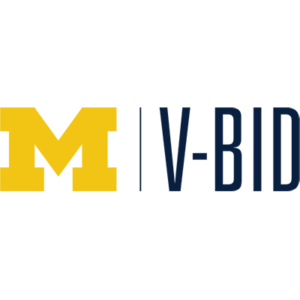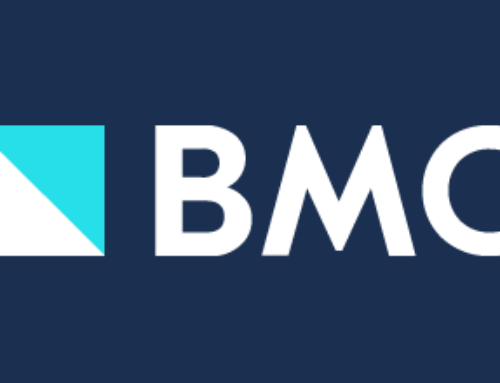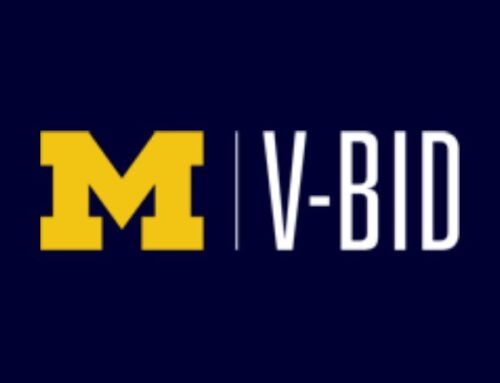
Media Attention, New Publication Highlight the Coverage Gap for Cancer Screening Follow-Up Care
This month, a national CBS News story, Kaiser Health News article, and new JAMA Network Open publication bring attention to the problem of cost-related barriers for follow-up evaluations for post-initial cancer screening, as well as the clinical and economic benefits of policies that remove these impediments. These new resources contribute to ongoing efforts to eliminate cost-sharing for the entire cancer screening process, building on a federal guidance that went into effect on May 31st of this year that requires commercial insurers to eliminate cost-sharing for follow-up colonoscopy after a positive, non-invasive colorectal cancer screening test.


100 Million People in America Are Saddled With Health Care Debt
The U.S. health system now produces debt on a mass scale, a new Kaiser Health News investigation shows. According to new analyses and hundreds of interviews, patients face gut-wrenching sacrifices. Key findings are included below:
- Black adults are 50% more likely and Hispanic adults 35% more likely than whites to owe money for care
- 1 in 5 with any amount of debt said they don’t expect to ever pay it off
- 1 in 7 people with debt said they’ve been denied access to a hospital, doctor, or other provider because of unpaid bills
- Half of U.S. adults don’t have the cash to cover an unexpected $500 health care bill
- As of last year, 58% of debts recorded in collections were for a medical bill
- 1 in 5 are paying off bills for their own care or a family member’s through an installment plan with a hospital or other provider
- One in 10 owe money to a friend or family member who covered their medical or dental bills, another form of borrowing not customarily measured
- 1 in 6 adults are paying off a medical or dental bill they put on a credit card

Older Adults Sacrificing Basic Needs Due to Healthcare Costs
A West Health and Gallup survey explored how health care costs are affecting U.S. adults 50 and older. Key findings are below:
- Over 1 in 3 adults 50+ have forgone basics such as food to pay for healthcare
- Some older Americans are skipping needed care and medication due to cost
- Americans aged 50-64, women, Black adults more likely to cut back on basics

Wage and Its Impact on Access and Adherence to Specialty Medications
National Pharmaceutical Council research shows that lower-wage employees faced higher out-of-pocket costs, were less likely to use specialty medicines than higher-income workers and relied more regularly on emergency room care. Researchers argue that how employers design their health benefits can either exacerbate or improve health equity for their employees.

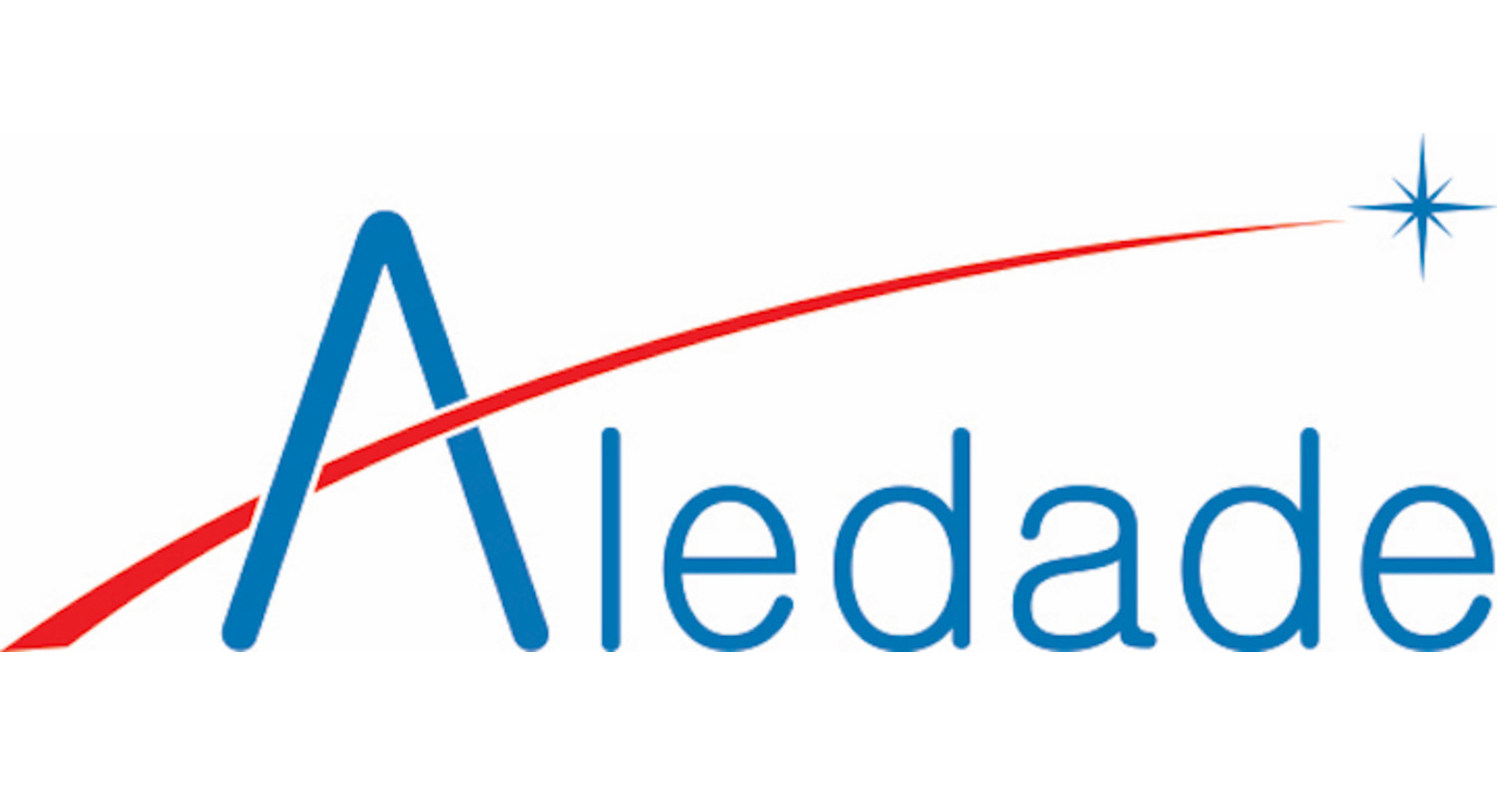
Brief: Value-Based Insurance Design (VBID) in Medicare
A policy brief released by Aledade advocates for the implementation of a V-BID model into the Medicare Shared Savings program (MSSP). The publication states that MSSP is “uniquely suited” for value-based insurance design, and incorporation of a V-BID model would align incentives, reduce costs, improve quality, and meet health equity goals.

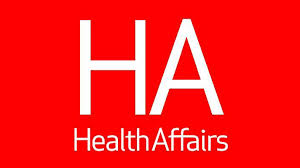
Can Alternative Payment Models And Value-Based Insurance Design Alter The Course Of Diabetes In The United States?
A recent Health Affairs commentary reviewed evidence from selected research to examine whether models such as value-based insurance design (V-BID) and alternative payment models (APMs) can improve the value of diabetes care. The authors found that V-BID models improve medication adherence, but not other quality measures.

The Role Of Clinical Waste In Excess US Health Spending
New research published in Health Affairs points to clinical waste as a critical driver of excess health spending in the US, accounting for 5.4–15.7 percent of national health spending. Authors argue that identification and reduction of low-value care is essential to lowering health expenditures and improving health outcomes.

Preventive Care: How Do We Know What Works?
A recent report from two Third Way health fellows explains the role and challenges of the U.S. Preventive Services Task Force (USPSTF) and how USPSTF ratings are used. The report also puts forth three recommendations for policymakers:
- Increase USPSTF capacity to evaluate an expanding set of services by doubling their budget
- Direct the Task Force to prioritize and address evidence gaps
- Stop paying for preventive care that USPSTF recommends against

3 in 10 U.S. Workers Struggling Financially
The 2022 Global Benefits Attitudes Survey by WTW has found that 30% of American workers are struggling financially, 43% are having difficulty meeting basic needs, and 40% deferred care. Forgoing health care services results in poorer health outcomes for employees, especially those with chronic conditions.


When Routine Medical Tests Trigger a Cascade of Costly, Unnecessary Care
A new NPR article explores the costly and potentially harmful effects low-value services and the resulting care cascades. This publication follows up on a Tradeoffs podcast episode that reported 99% of physicians reported experiencing a cascade, 87% reported cascades had harmed patients, and 41% reported continuing a cascade when they didn’t think it was clinically necessary.
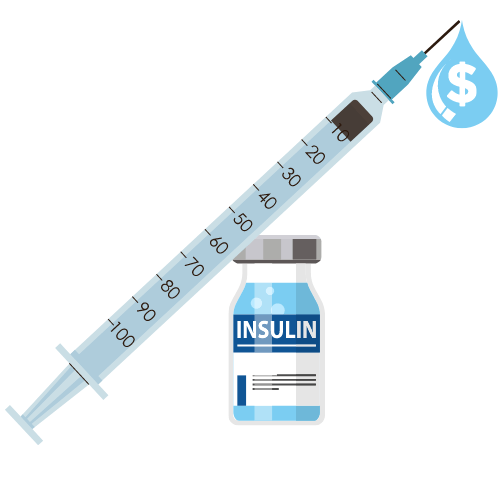
Opinion: State Lawmakers Must Act to Lower Insulin Costs
A Detroit Free Press op-ed by Drs. Kirstin Woody Scott and A. Mark Fendrick, MD, Director of the Center for Value-Based Insurance Design, discusses current legislation efforts to cap out-of-pocket insulin costs. Such policies could also spur broader systemic changes to ensure that insulin remains affordable for all stakeholders and for those whose lives depend on it.
Please Help Support the V-BID Center
As a non-profit entity, the V-BID Center relies on fundraising to support our research, education, and policy efforts. Please help us continue our work by donating here. We truly appreciate your consideration.


